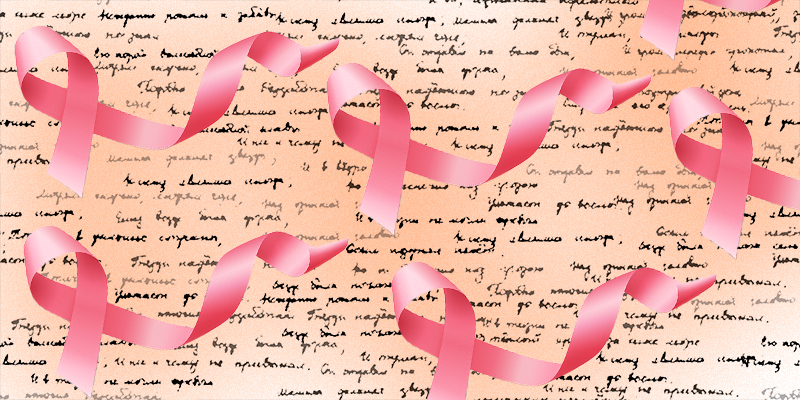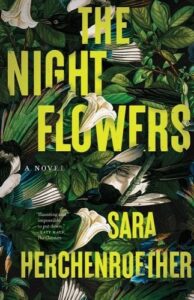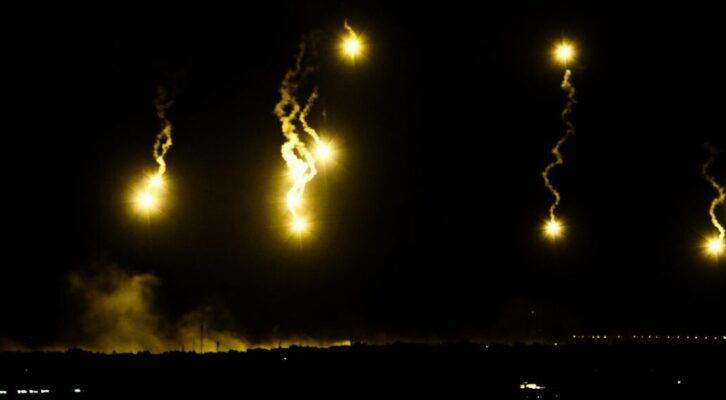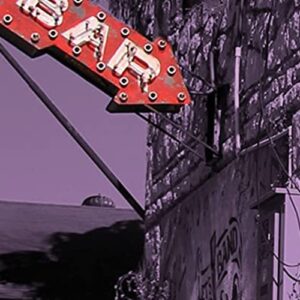In the morning, I write dark, twisting murder mysteries, and during the day, I work at a church. I have no theological background. I’m in charge of facilities. I’m the one who calls the handyman when something goes wrong. Sometimes I try to fix the problem on my own, watching YouTube videos about how to change out a faucet. I muck around with a wrench, fail, call a plumber. Sometimes I write in the chapel before punching in.
One day, the pastor asked if I wouldn’t mind joining her. A member was recently diagnosed with breast cancer, and the pastor wanted me to sit in on their conversation.
I get this question at least twice a year. Not from the pastor, but from friends. One of their friends has been diagnosed, young, often with young children, and the mutual friend is grasping for a way to help. They turn to me. At the age of 31, with two small children under the age of 3, I was diagnosed with an aggressive form of breast cancer. The same disease my husband’s mother was diagnosed with when he was twelve.
I survived. My husband’s mother did not.
It’s a good thing I don’t have that many friends.
What I don’t say when I’m confirming, yes, please share my number is these friends of friends never call. Having to talk about what is happening to you, especially in the beginning, is too difficult. I hated having to tell people I had breast cancer. I hated having to navigate their reactions as I was figuring out my own.
My father told me this was going to be one chapter in my life. My mother started to cry, and I had to console her. One friend told me her friend had it and she was fine. Another said they’d pray for me. I didn’t believe people died or didn’t die because of prayers. I still don’t. I have never mentioned this to the pastor.
Most people told me I would be strong. I was strong in other areas of my life. I would be strong now. These folks embody the common narrative we ascribe to cancer patients: The Cancer Warrior. I didn’t feel strong. I’ve always distrusted the word warrior. Are the people who don’t survive not warriors? Have they died because they haven’t fought hard enough? No. They died because they died. Which meant I could die. I mean, not someone with a small Stage 0 diagnosis. They had surgery, skipped chemo, and were done with it. I wasn’t the 27-year-old with Triple Negative who would be on chemotherapy for the rest of her life, but I wasn’t State 0 either.
I didn’t know if I was supposed to think like this.
I’m nearly certain everyone thinks like this.
I worried I didn’t have the right mindset, even when I was trying my hardest to project a stiff-upper-lip approach to those around me. I wanted to tell people the truth but didn’t think it would go over well. From the beginning—(maybe because of my mother-in-law I never got to meet, my kids never got to meet)—I thought I could die. I knew it was possible.
There was no reason, not prayers, not mindset, I thought, that explained why one person died while another didn’t. I tried to talk to my husband about it. At first, he replied the way most partners would. He told me I would be okay.
I didn’t feel okay.
The pastor and I sat with the woman in the church sanctuary. We listened. The woman had had cancer before. She wasn’t new to life going sideways. The pastor asked me to tell a little about my story. I explained, in broad strokes, what happened. I had a massive stage 2 tumor. Twelve rounds of weekly chemo, four rounds of really, really terrible chemo. Somehow, my book came up. I’ll talk about my novel in relation to cancer in terms of theme but not causality. I don’t want people to think—I don’t think—there was some “larger purpose” in surviving cancer. My sister told me once, See, that’s your story. You had cancer, you triumphed, now you have your book to show for it.
I don’t see it that way.
Yes, I grapple with cancer in my book, The Night Flowers, but in order to challenge this type of narrative, not as a victory dance. In The Night Flowers, a woman nearing the end of breast cancer treatment begins researching a cold case. Part of what draws her to investigate the murder of a woman and her two children, nearly thirty years ago, isn’t because she has triumphed over cancer. It’s because she’s not sure she will triumph.
The Night Flowers tells a more complicated version of cancer than we’re used to seeing in the media. It was one of my goals in pairing a murder mystery with a cancer-patient-protagonist. To draw the parallels between crime and cancer. To complicate the Cancer Warrior narrative. To say, if that label works for you, great. But it’s okay if it doesn’t.
The pastor asked what was most difficult about having cancer. I told her and the other woman, the hardest part was finding the right narrative for yourself. To mourn for yourself while you are doing everything in your power to make it through the day. The Cancer Warrior language never worked for me.
“What language did work for you?” the pastor asked.
I smiled to myself. The answer was in a scene toward the end of The Night Flowers. When the detective who’s also working on the cold case asks the cancer-patient-protagonist what happened to her. They aren’t sitting in a church sanctuary, but they are sharing a meal. The cancer-patient-protagonist tells the detective the good, the bad, the ugly. The detective doesn’t preach; she listens.
What language worked for me? The truth. It’s okay to not be okay.
***





















